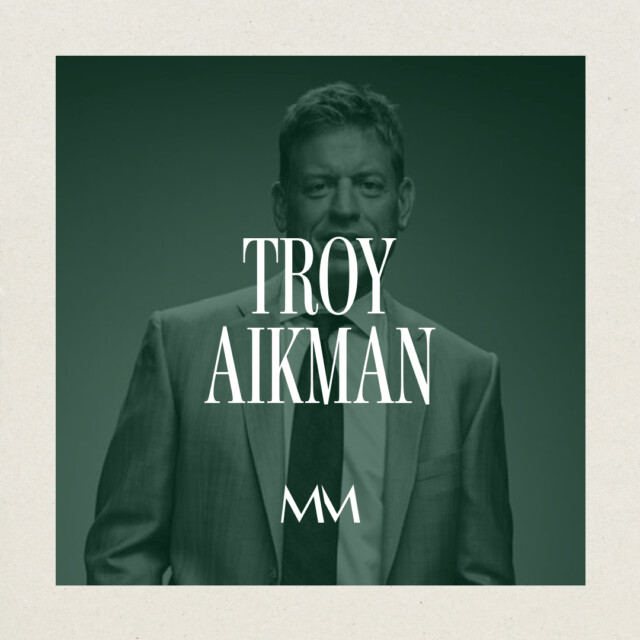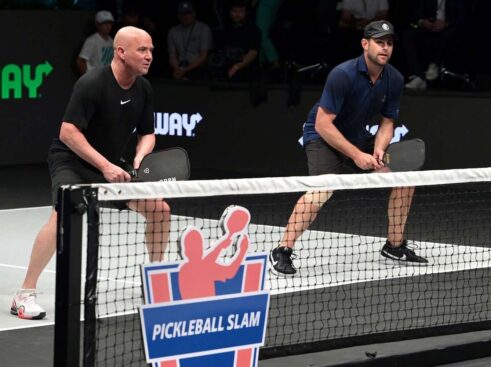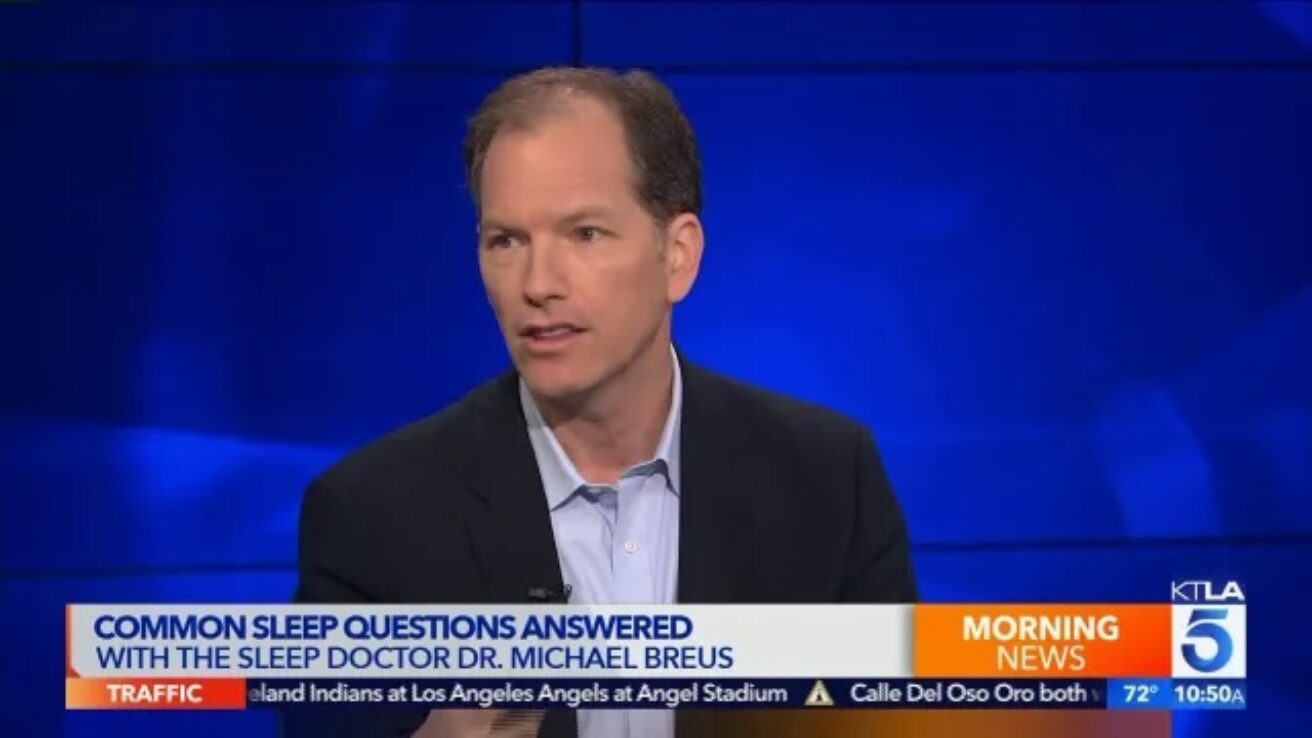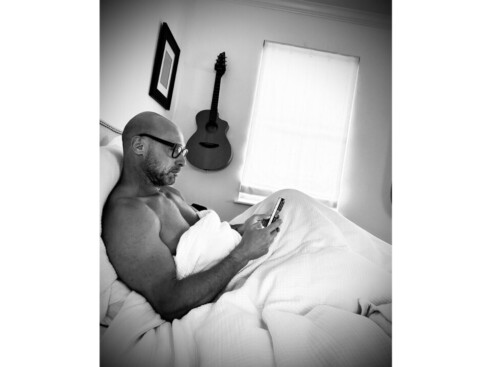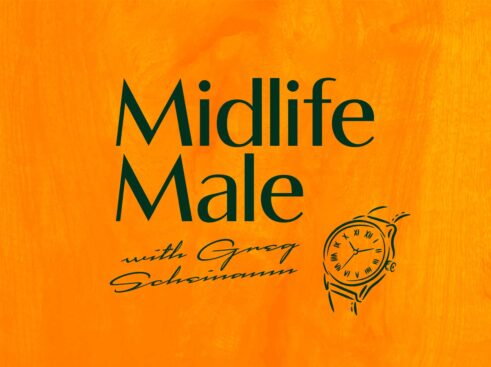This year has been filled with challenges, injuries, and growing responsibilities for me. Like everyone else, I have the same 24 hours in a day, and how I choose to use them is critical. Prioritizing what’s important—dialing up certain areas while dialing back others—is essential for sustainability, longevity, optimization, and, ultimately, health and happiness.
One area I know I need to improve is sleep: its quality, consistency, and my overall approach.
I’ve realized I have a mental roadblock when it comes to overtraining, even when I’m exhausted. I’ll push through anyway—waking up early to train, working late, or bringing my phone to bed. My mind races, I get distracted, and I’ll wake up in the middle of the night, unable to fall back asleep. I’ll check my phone, look at my Whoop, and feel disappointed at my lack of recovery. Ironically, stressing about better sleep makes it even harder to achieve. It’s a vicious cycle, and truthfully, I’ve allowed too many things to interfere with proper sleep and recovery.
My wife Kate’s recent message to me before an interview hit home: “You need to get a sleep study and ask about sleep apnea. You snore sometimes, and it sounds like you’re choking—it wakes me up.”
For the record, I’m fortunate that I don’t think I snore much or have sleep apnea. Still, I’ll get the study done and report back. Sleep apnea is no joke. It’s estimated that 10–20% of men between 40 and 60 have it, with the risk increasing as they age. That’s a significant percentage.
On a recent guys’ trip, I roomed with one of my closest friends, who literally sounded like he was dying in his sleep. I was up all night worrying I’d need to resuscitate him or call an ambulance. The next morning, I told him, “As your friend and brother, you need to get that checked out.” It was serious enough to be scary—and a little funny. He spent the next few nights on the couch, and I imagine he’s struck similar deals with his wife. Apparently, he’s getting a mouthguard soon. Hopefully, he follows through.
I digress.
Last month, I met Dr. Michael Braus at the Eudemonia Summit in West Palm Beach, where he delivered an incredible speech and participated in a panel. The next morning, I had breakfast with him and Dr. David Rabin, founder of Apollo Neuro (which I wear). Dr. Rabin is an expert in optimization, wellness, longevity, and psychiatry.
After interviewing Dr. Rabin the day before, I connected with Dr. Braus over shared experiences as middle-aged men navigating health and wellness. We had a candid discussion about our priorities, relationships, and perspectives on life. It was a refreshing conversation that instantly clicked, laying the groundwork for future collaboration.
This week, Dr. Braus is featured in our “How I See It” interview. Later this year, he’ll join our Inner Circle for an in-depth discussion, where he’ll answer questions and share his insights. While his expertise spans many areas, we’re focusing on sleep here. One of his key takeaways: Don’t put too much pressure on yourself to be perfect. Over-fixating can be counterproductive to achieving your goals.
Don’t sleep on this interview.
In Health,
Greg
How I See It with Dr. Michael Breus
MLM: How old are your kids?
Michael Breus: My son is 22, and my daughter is 21.
MLM: Oh, we’re in the same boat! My oldest is 21, and my youngest is 18. Are yours out of school yet?
Michael Breus: My son just graduated and is living at home while job hunting. Let’s just say it’s been… challenging for all of us. My daughter, on the other hand, is a senior at UVA, speaks fluent Mandarin, and has already lined up a private equity job in Northern California.
MLM: That’s impressive!
Michael Breus: She’s driven, for sure. My son is the creative one—musician, actor—but it’s tough for him to figure out his next steps.
MLM: I get that. My oldest is studying finance at the University of Colorado, and my youngest is into graphic design. He’s 18 and already running his own budding business.
Michael Breus: That’s incredible! Is he planning to go to college?
MLM: He wants to, but the process has been very different from my older son’s. He’s creative and hands-on, so the traditional path doesn’t feel like the best fit. It’s made me rethink what’s necessary when it comes to college.
Michael Breus: Totally. College isn’t for everyone, and trade schools or alternative paths can be just as valuable. Plumbers, electricians—these are lucrative fields.
MLM: Absolutely. There was a Wall Street Journal article recently about that—nobody’s entering those trades anymore, but they’re rolling in money now. It’s just a different mindset, especially for those of us raised in traditional Jewish households. For us, it was always about following a hyper-defined path—doctor, lawyer, accountant. Straying from that was almost unthinkable.
Michael Breus: Same here. I grew up in a Jewish community in Sandy Springs, Georgia, where everyone followed the same path. It’s generational—people still live in the same neighborhoods, join the same clubs, and do what their parents and grandparents did.
MLM: Exactly. But it’s important to challenge that mindset, especially with kids who don’t fit the traditional mold. It’s been a challenge for this generation. They’ve had to navigate a world we never did, and it’s hard to give them tools when we’re figuring it out ourselves.
Michael Breus: You know, I think guys are always curious about how other guys are navigating this stage of life—balancing work, kids, and everything else. I think men are overwhelmed by the sheer number of options for personal development or communities these days. How do you know what’s right for you?
MLM: That’s a big issue. Some groups are co-ed, others are hardcore—like Navy SEAL-style boot camps. Some are more about emotional vulnerability, sitting in circles and passing a talking stick. Guys are gun-shy because they don’t know where to start.
Michael Breus: That’s where credible recommendations matter. If someone you trust points you to a group, a book, or even a podcast, you’re more likely to give it a shot.
MLM: Exactly. We want advice from someone relatable and aspirational. Like your sleep advice—when it comes from you, it’s trustworthy. Speaking of which, what do you think about grounding sheets?
Michael Breus: Grounding sheets? I know a lot about them. In my 25 years of practice, I’ve only had three patients with true EMF sensitivity, but it’s real. To test it, I tell them to shut off their entire breaker box at night and see if their sleep improves. If it does, grounding sheets or other solutions might help. It’s harmless, so if it works for you and you don’t mind spending the money, go for it.
MLM: My wife bought some recently, and I told her, “Of course we’re sleeping better, honey!” But I’m skeptical. What about sleep trackers? I wear a Whoop—how does it compare to an Oura ring?
Michael Breus: Great question. Oura is a sleep company that tracks activity, while Whoop is an activity company that tracks sleep. Oura is better for sleep metrics, and Fitbit is surprisingly good too. That said, no tracker measures sleep stages accurately—they’re estimating based on limited data. My advice? Don’t obsess over single data points. Look at trends instead.
MLM: Makes sense. What’s the simplest way for a middle-aged guy like me to improve sleep?
Michael Breus: Three things:
- Wake up at the same time every day, even on weekends. Consistency signals your brain when to release melatonin.
- Watch your caffeine intake. Cut it off by noon and see how it affects your sleep.
- Stop drinking alcohol for two weeks. Alcohol ruins sleep quality, even if it helps you fall asleep initially.
MLM: Simple and straightforward. What about meditation?
Michael Breus: It’s a game-changer. I started meditating after a health scare a few years ago. Ten minutes a day was enough to reduce my stress and improve my sleep. Even now, I don’t need to meditate daily because I’ve trained myself to calm down in stressful moments.
MLM: That’s powerful. I’ve tried box breathing, which is helpful for the same reasons—you focus on counting and can’t think about anything else.
Michael Breus: Exactly. I recommend the 4-7-8 breathing technique: inhale for four seconds, hold for seven, exhale for eight. It lowers your heart rate and distracts your mind. Most people fall asleep after 10 cycles.
MLM: Let’s talk about waking up in the middle of the night—what’s the deal with that?
Michael Breus: Everyone wakes up between 1 and 3 a.m. because that’s when your core body temperature starts to rise again. The difference is whether you roll over and fall back asleep or stay awake. If you don’t have to pee, don’t get up. If you do, keep the lights off—light stops melatonin production.
MLM: Any tips for reducing middle-of-the-night wakeups?
Michael Breus: Follow the “3-2-1” rule: stop alcohol three hours before bed, food two hours before, and water one hour before. That alone can make a big difference.
MLM: Thanks for all this advice.
VIDEO BONUS:
If you wake up frequently and have trouble falling back asleep, check out this incredible video from Dr. Breus below. Total sleep game changer:
